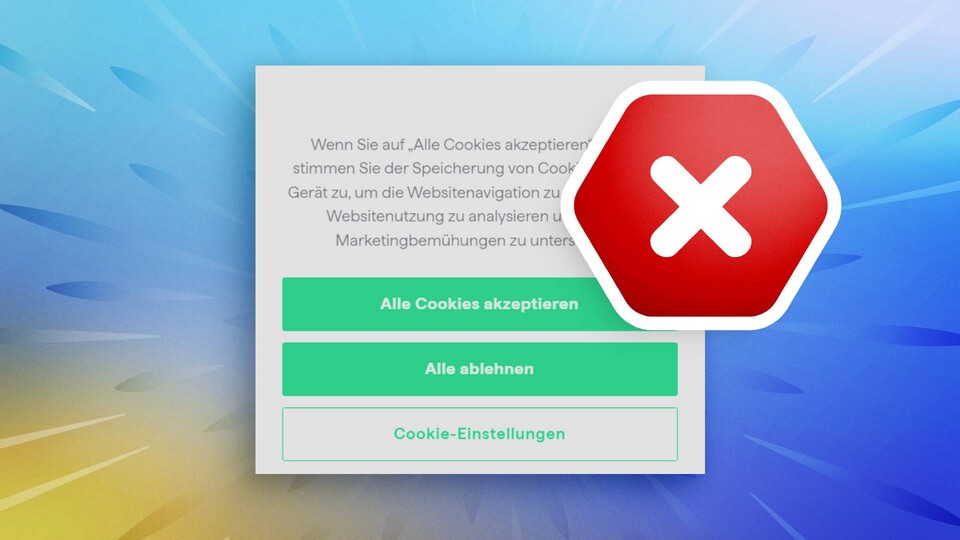
Cookie banners could soon be a thing of the past. (Image source: GameStar Tech)
If a website operator wants to collect users’ data, they must first ask for permission. This law is intended to strengthen data protection, but also means that you have to click through dozens of cookie banners every day. California has now found an elegant solution.
Will Cookies soon be in trouble?
Just a few days ago we reported on a legislative proposal from the EU Commission that also aims to dismantle cookie banners. However, cookies should generally be allowed there, so that users can only withdraw their consent afterwards.
1:03:53
The new electricity crisis: Energy transition & AI in Germany – With Robert Habeck and Dr. Stilt (IFA 2025)
But there is also a back door, namely a so-called “opt-out” option in the browser. This should make it possible to store your own preferences directly in the browser, from where they will then be automatically sent to every website you visit.
Exactly such an option is the central element of Assembly Bill 566, a new addition to the “California Privacy Rights Act of 2020”. The decision is scheduled to come into force on January 1, 2027 and force browser operators to incorporate such an “opt-out” option.
The law stipulates that every browser should have the option of sending a signal “with which the consumer communicates his decision to object to the disclosure and use of his personal data.”
This option should also be easy to find and sufficiently explained. In return, browser operators are not liable if websites collect and use users’ data despite this and against their will.
The law could significantly change the Internet as it currently works. It’s hard to imagine that the major browser operators would install the option so that it actually only works in California. From the beginning of 2027, everyone in the USA may have the opportunity to refuse to share their data with one click.
Since the cookie banners would also disappear in this way, it is easy to imagine that many people will use this function. This would be a real step forward for data protection, but could also threaten entire business systems that rely on data collection.



 I underestimated how worthwhile a good USB charger is
I underestimated how worthwhile a good USB charger is Speed camera detectors soon to be officially banned? Why I still recommend OOONO, Blitzer.de and Waze
Speed camera detectors soon to be officially banned? Why I still recommend OOONO, Blitzer.de and Waze Thermal imaging camera for Android & iOS on offer
Thermal imaging camera for Android & iOS on offer An RPG hit becomes an action hit
An RPG hit becomes an action hit This capitalism-critical RPG is ironically cheap
This capitalism-critical RPG is ironically cheap